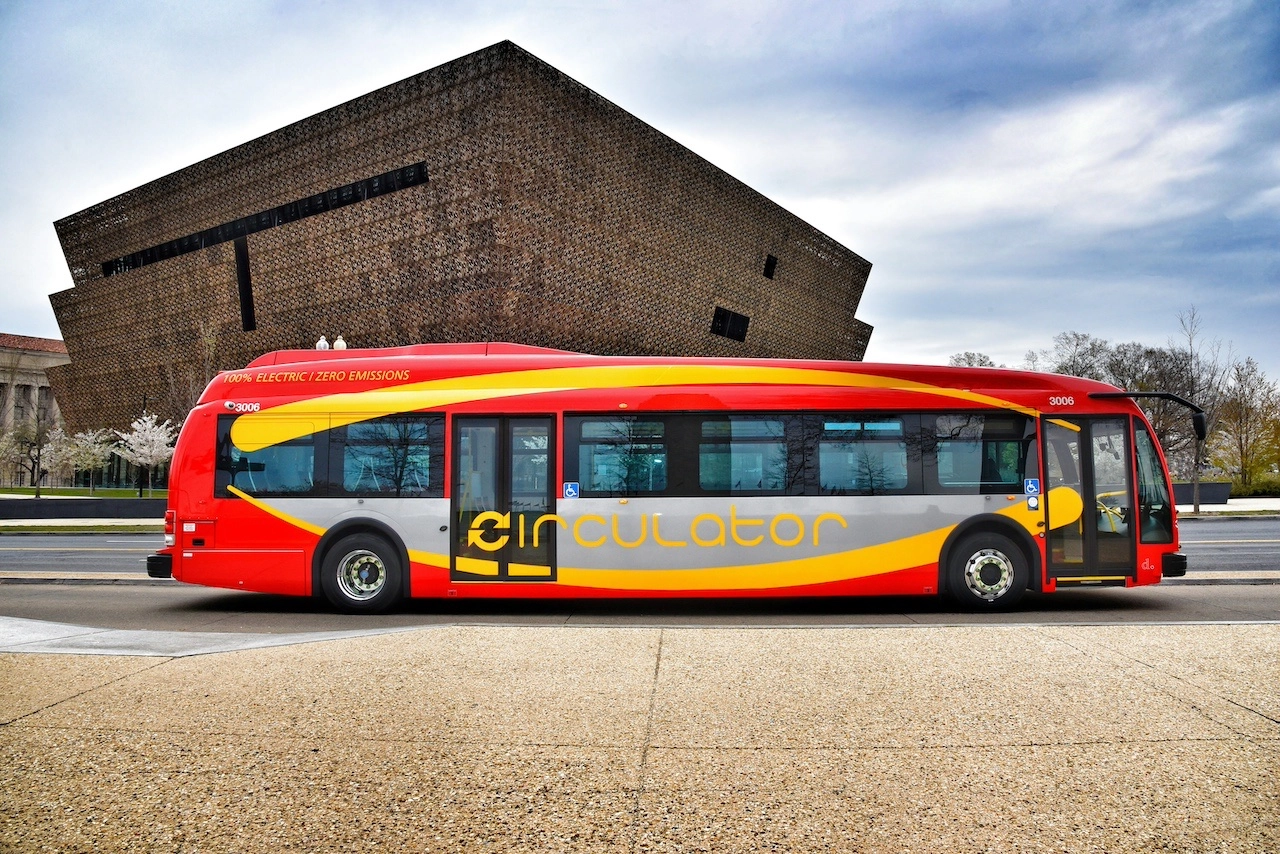
As concerns about climate change and environmental sustainability continue to grow, the automotive industry is undergoing a significant shift towards greener, more eco-friendly solutions. In this post, we'll explore the road to sustainability in the automotive sector, highlighting the latest green car solutions that are helping to reduce emissions and mitigate environmental impact.
- Rise of Electric Vehicles (EVs):
Electric vehicles (EVs) have emerged as one of the most promising solutions for reducing greenhouse gas emissions from transportation. By utilizing electric motors powered by batteries, EVs produce zero tailpipe emissions, significantly reducing air pollution and dependence on fossil fuels. - Advancements in Battery Technology:
The success of electric vehicles hinges on advancements in battery technology, particularly in terms of energy density, charging speed, and longevity. Innovations such as lithium-ion batteries with higher energy densities and faster charging capabilities are making EVs more practical and appealing to consumers. - Expansion of Charging Infrastructure:
The widespread adoption of electric vehicles requires a robust charging infrastructure to support long-distance travel and daily commuting needs. Governments, businesses, and utilities are investing in the development of charging networks, including fast chargers, public charging stations, and home charging solutions. - Hybrid and Plug-In Hybrid Vehicles:
Hybrid and plug-in hybrid vehicles offer a transitionary solution for drivers who may not be ready to fully commit to electric vehicles. These vehicles combine traditional internal combustion engines with electric motors, offering improved fuel efficiency and reduced emissions compared to conventional vehicles. - Adoption of Sustainable Materials:
Automakers are increasingly incorporating sustainable materials into the design and manufacturing of vehicles to reduce their environmental footprint. Recycled plastics, renewable fibers, and bio-based materials are being used to create interior components, reducing waste and resource consumption. - Embrace of Alternative Fuels:
In addition to electric powertrains, alternative fuels such as hydrogen fuel cells and biofuels are gaining traction as sustainable alternatives to gasoline and diesel. These fuels offer lower emissions and can be produced from renewable sources, reducing reliance on non-renewable fossil fuels.
The transition towards greener car solutions is essential for mitigating the environmental impact of transportation and combating climate change. By embracing electric vehicles, advancements in battery technology, expanding charging infrastructure, and adopting sustainable materials and alternative fuels, the automotive industry is paving the way for a more sustainable future on the road. With continued innovation and collaboration, we can navigate the road to sustainability and create a cleaner, greener world for future generations.
Related Posts
Tree Removal in Tigard: A Guide to Safe and Effective Tree Care
Trees enhance the beauty and value of your property in Tigard, Oregon, but there...
Read More
The Church with Pews: A Historical and Cultural Exploration
Churches, as centers of worship and community gathering, have evolved in design ...
Read More
The Future of Electric Vehicles: Trends and Innovations
Electric vehicles (EVs) are rapidly reshaping the automotive industry, offering ...
Read More
Top 10 Must-Have Aftermarket Car Accessories for 2022
Your car is more than just a mode of transportation—it's an extension of your ...
Read More




